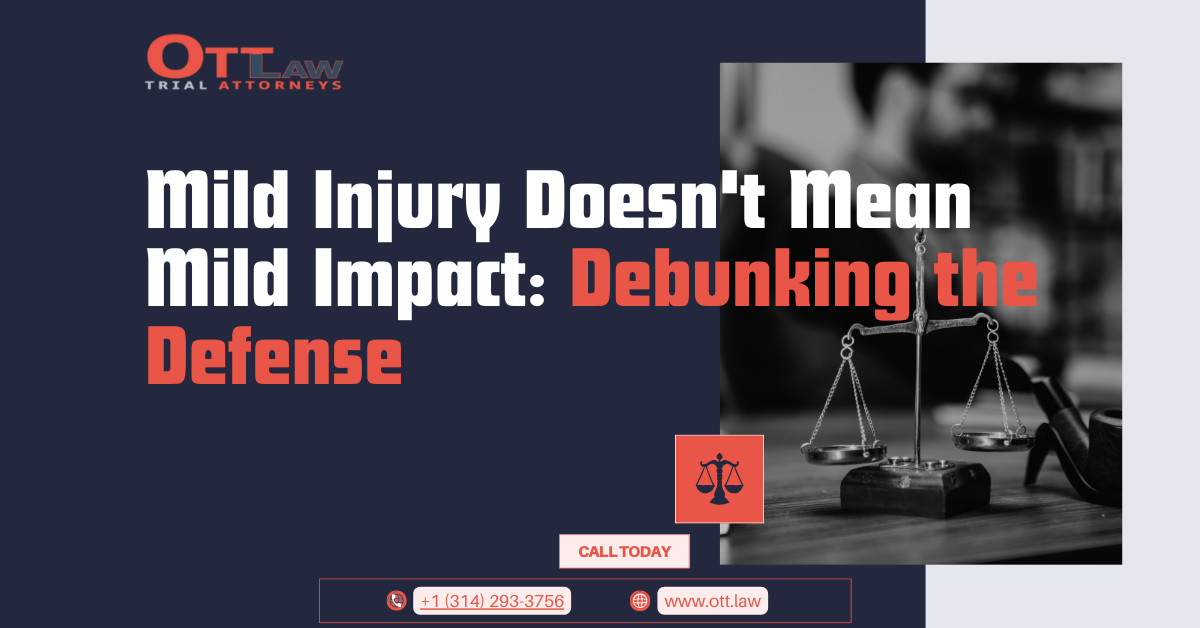Traumatic brain injuries (TBIs), even when categorized as ‘mild,’ can significantly impact an individual’s life in ways that might not be immediately apparent to external observers. A defense often presented in these cases is that a minor injury can only lead to minor consequences. This premise is both misleading and inaccurate.
The Profound Impact of a Mild TBI
It’s a misconception to assume that the severity of the injury directly correlates with the severity of the consequences. A myriad of factors, including an individual’s pre-injury state, their personality, their job demands, and their emotional well-being, can influence the aftermath of even a mild TBI.
Consider a high-performing individual, a Type-A personality, accustomed to delivering above and beyond in all endeavors. A minor injury that reduces their functioning capacity, even slightly, can be devastating. An 80% functionality might seem adequate to most, but for someone who’s always performed at 110%, this drop is shattering.
Envision a physicist at the pinnacle of his career, recognized for his brilliance. A minor injury could hinder his cognitive flexibility, making complex problem-solving more challenging. To an outsider, he’s still competent, but he might know that he’s no longer at his peak. Such a realization can have profound effects on his self-esteem, leading to depression and other mental health challenges.
Psychiatric Impact of Mild TBI
The psychological aftermath of a mild TBI is often more profound than the physical. The defense tends to downplay the psychiatric effects, but these can be intense and life-altering. An individual’s understanding of their capabilities before and after the injury plays a pivotal role in shaping their self-worth. The disparity between their former self and their post-injury self can lead to severe emotional and psychiatric distress. As the saying goes, “It is these mild TBIs that while leaving few, if any, lasting neurologic or cognitive sequelae, may lead to disruptive psychiatric syndromes that are far from mild.”
Conclusion
Mild injuries do not always equate to mild consequences. Every individual’s reaction to a TBI is unique, and the aftermath can vary significantly. It’s crucial to consider the holistic impact of the injury rather than just the immediate physical symptoms.
For expert legal advice related to traumatic brain injuries or any other personal injury concerns, OTT Law Firm is here to guide.
- Address: 3544 Oxford Ave, Maplewood, MO 63143, United States
- Phone: +13142933756
- Email: joe@ott.law
- Website: OTT Law
References:
- Understanding the profound consequences of mild TBIs.
- The emotional and psychological impact of a decrease in functionality.

